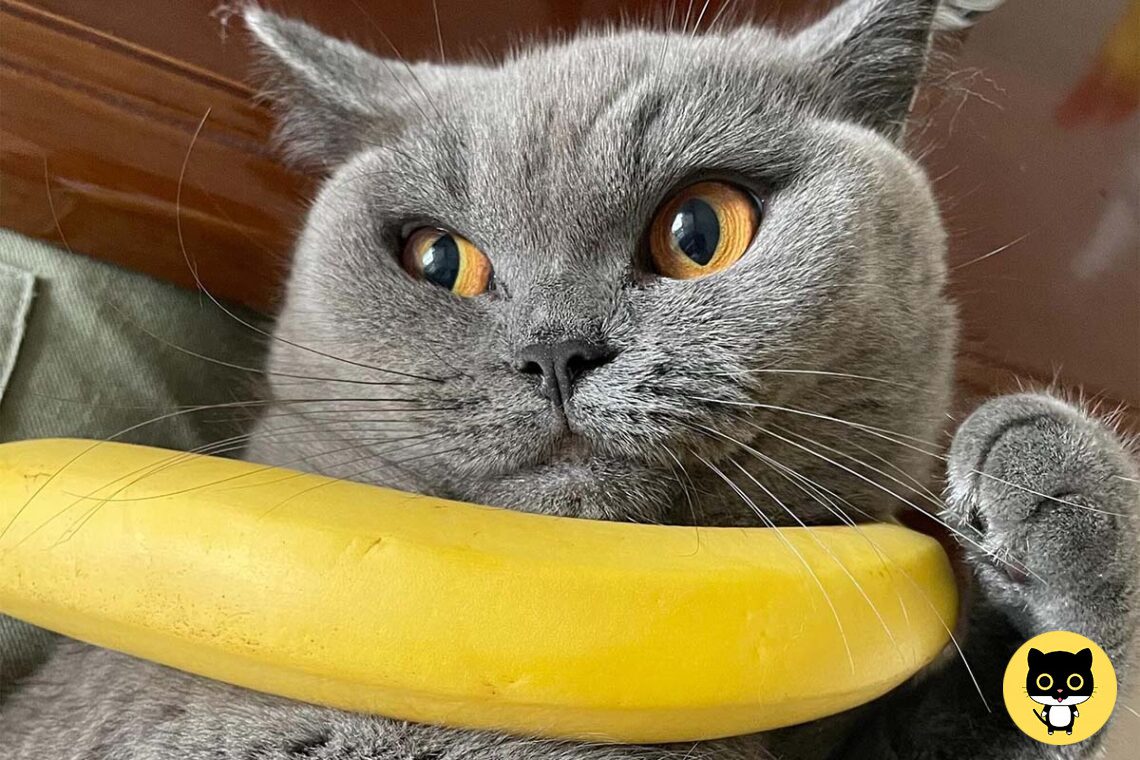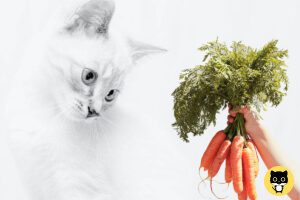As cat owners, we always want the best for our furry friends, including providing them with a balanced and nutritious diet. While cats are obligate carnivores, meaning their diet should primarily consist of meat, you may wonder if it’s safe to offer them some fruits as a treat. In this guide, we will explore the safety and benefits of feeding cats certain fruits, as well as highlight fruits to avoid. Let’s dive in!
Are Fruits Safe for Cats?
Cats are carnivores by nature, and their bodies are designed to thrive on a meat-based diet. However, there are a few fruits that can be safely incorporated into their diet as occasional treats. It’s important to note that cats mostly lack the taste receptors to detect sweetness, so their interest in fruits may be more related to texture and smell rather than taste.
Safe Fruits for Cats
1. Apples
Apples are a popular fruit that can be safely shared with your feline companion. They are high in fiber, vitamins A and C, and provide hydration due to their water content. However, it’s crucial to remove the stems and seeds before offering them to your cat. Apple seeds contain small amounts of cyanide, which can be toxic to cats. To serve apples to your cat, cut them into tiny slices or cubes and offer only 1 or 2 pieces as a treat.
2. Bananas
Bananas are another fruit that cats can enjoy in moderation. They are rich in vitamins B6 and C, as well as potassium and carbohydrates. However, due to their high sugar content, it’s recommended to offer bananas sparingly. Cut bananas into small slices, fresh or frozen, and limit the serving to 1 or 2 pieces.
3. Blueberries
Blueberries are considered a superfood for humans, and they can also provide some nutritional benefits to cats. They are packed with antioxidants, vitamins, and minerals. The low-calorie content of blueberries makes them a healthy option for cats. Offer a few blueberries as an occasional treat or mix them with your cat’s regular food. Ensure that the blueberries are washed thoroughly and remove any stems before feeding them to your cat.
4. Cantaloupe
Cantaloupe is a refreshing fruit that cats can enjoy as a treat. It contains vitamins A and C, as well as fiber. It’s important to remove the rind and seeds before offering cantaloupe to your cat, as the rind can be difficult to digest, and the seeds pose a choking hazard. Cut the cantaloupe into small, bite-sized pieces to make it easier for your cat to consume.
5. Strawberries
Strawberries are a favorite among many pets, including cats. They are rich in potassium, fiber, and vitamins C, B1, and B6. Strawberries can be a great boost for your cat’s immunity. To ensure strawberries are safe for your cat, wash them carefully to remove all traces of dirt and cut out the stems and leaves. Offer no more than 1 or 2 pieces of strawberries to your cat, and you can choose to serve them fresh, frozen, or mashed.
6. Watermelon
Watermelon is a hydrating fruit that can be a perfect snack for cats, especially during hot weather. It’s low in calories and high in vitamin A, potassium, and lycopene. However, it’s crucial to remove the rind and seeds before sharing it with your cat. The seeds can be a choking hazard, and the rind is difficult for cats to digest. Offer small, bite-sized pieces of the juicy flesh to your cat as an occasional treat.
7. Mango
Mangoes are exotic fruits that can provide cats with fiber, vitamins C, A, and B6. They are packed with nutrients and can contribute to your cat’s digestive and eye health. To safely offer mango to your cat, remove the pit and skin. Mango flesh can be served in small, manageable slices or cubes.
8. Cranberries
Cranberries can be a safe and beneficial fruit for cats when offered in moderation. They are known for their ability to help treat urinary tract infections (UTIs) and are a great source of vitamins and essential minerals. However, be cautious when feeding dried cranberries to your cat, as they are often mixed with raisins, which are toxic to cats. Stick to plain, fresh cranberries and offer them as an occasional treat.
Fruits to Avoid
While certain fruits are safe for cats to consume, there are others that should be avoided due to potential toxicity or digestive issues. It’s important to prioritize your cat’s health and well-being by steering clear of the following fruits:
-
Grapes and raisins: These fruits can cause kidney damage and potentially be fatal to cats. Avoid feeding grapes or raisins under any circumstances.
-
Citrus fruits: Oranges, lemons, and limes may cause digestive upset in cats when consumed in large quantities. The essential oils and compounds found in the skin, seeds, and tree can be harmful to cats.
-
Grapefruit: Grapefruit, even in its flesh form, is highly acidic and can cause stomach upset in cats. The peel, seeds, and plant contain toxic compounds that can lead to gastrointestinal issues and photosensitive dermatitis.
-
Cherries: Cherries should never be given to cats, as they can cause kidney damage and be potentially fatal due to their toxic properties.
It’s important to note that each cat is unique, and some may have specific allergies or sensitivities to certain fruits. Always monitor your cat’s reaction when introducing a new fruit into their diet, and consult with a veterinarian if you have any concerns or questions.
Moderation is Key
While fruits can provide certain benefits to cats, it’s essential to remember that they should only be offered as occasional treats. Cats have specific dietary requirements, and their primary source of nutrition should come from a balanced and complete cat food that meets their nutritional needs. Treats, including fruits, should make up no more than 10% of a cat’s daily calorie intake to maintain a healthy diet.
Consult with Your Veterinarian
Before introducing any new foods, including fruits, into your cat’s diet, it’s always a good idea to consult with your veterinarian. They can provide personalized advice based on your cat’s specific health needs and dietary requirements. Your veterinarian can also recommend the appropriate portion sizes and frequency of treats to ensure your cat maintains a healthy weight and overall well-being.
What is your experience? Please register to leave a reply below and to post in the Forums.






